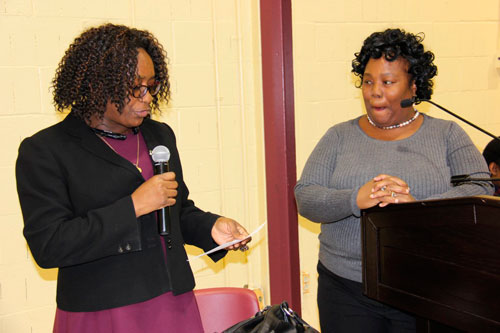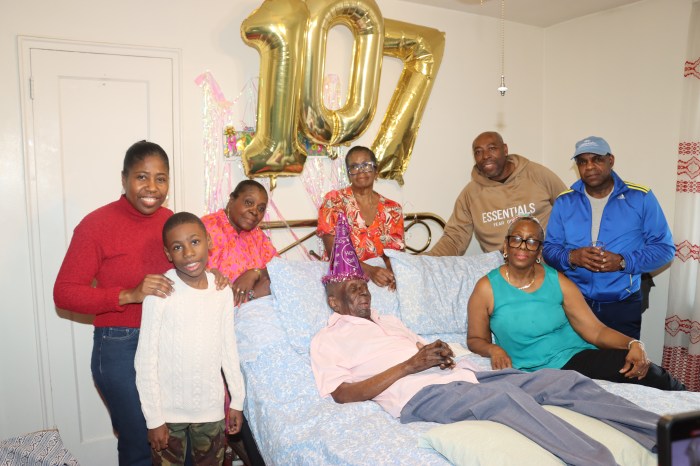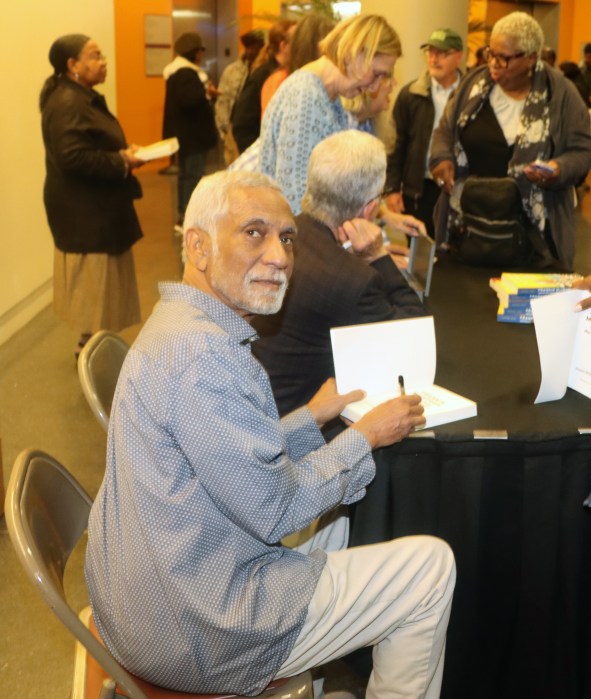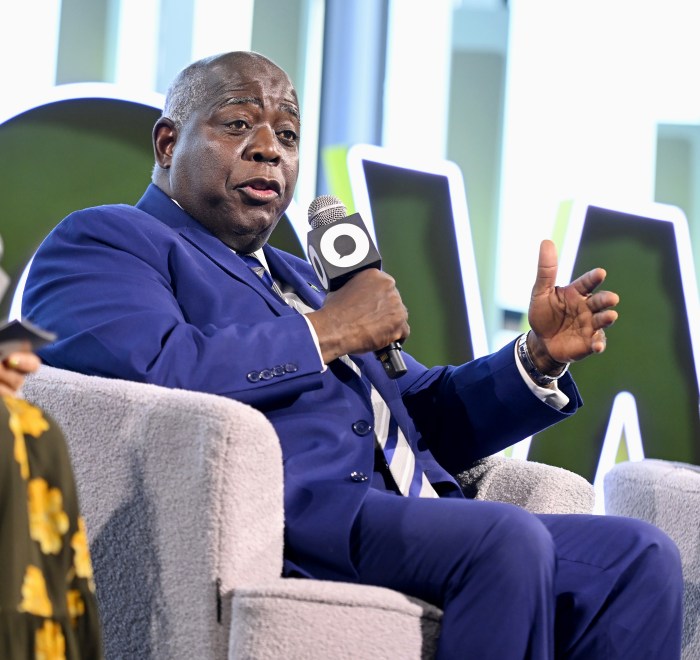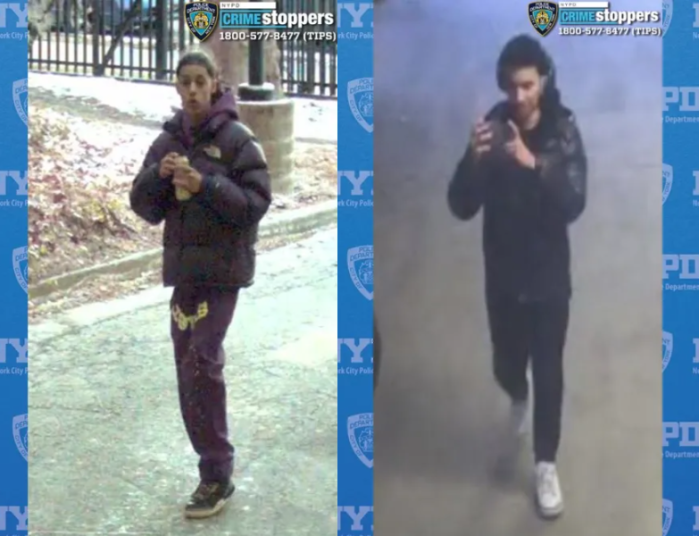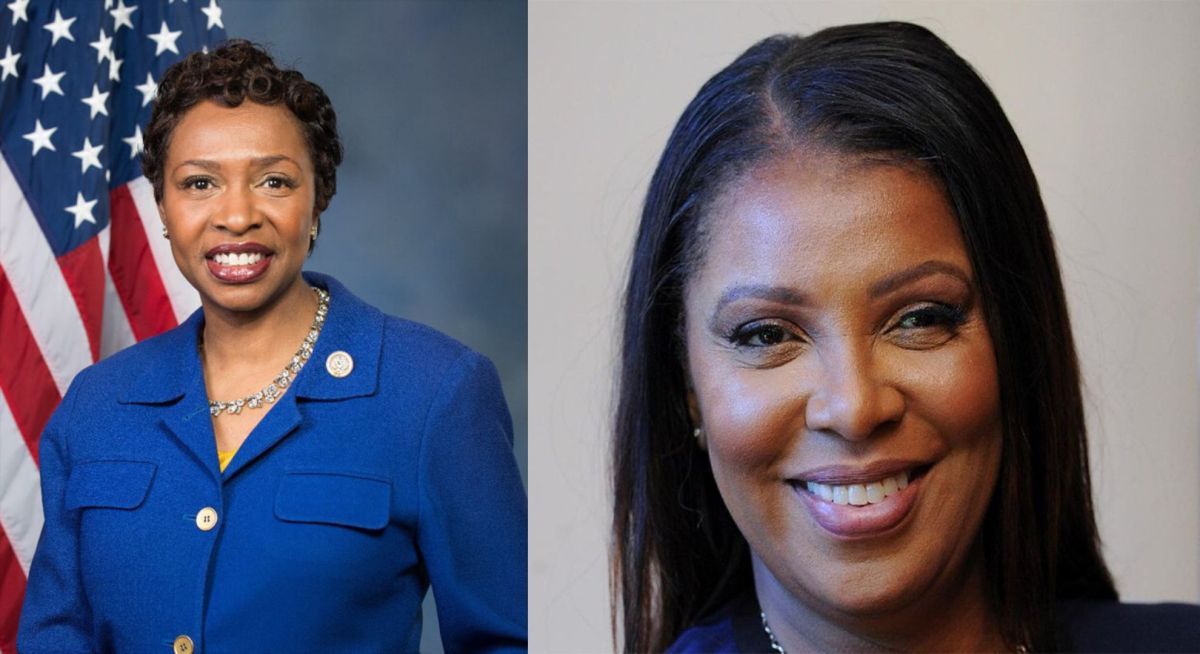At a time when immigration reform is on the front burner of the Obama administration’s agenda, Vincentians and other Caribbean nationals in the New York metropolitan area last Saturday received extraordinary advice on burning immigration issues from a United States immigration official.
The official, Shyconia Burden, community services relations officer at the United States Citizenship and Immigrant Services (USCIS), at 26 Federal Plaza in lower Manhattan, spoke at a “Vincylime” forum at the Friends of Crown Heights Educational Center in Brooklyn.
Burden told participants that, while U.S. President Barack Obama has made immigration reform the centerpiece of his second and last term in office, the United States Congress has the ultimate say in shaping the nation’s immigration laws.
“In order for immigration law to take effect, the U.S. Congress has to approve [it],” said Burden, who was invited to speak at the event that was organized by the Friends of Crown Heights Educational Centers in conjunction with the St. Vincent and the Grenadines New York Consulate General, the St. Vincent and the Grenadines Diaspora Committee of New York, and the Council of St. Vincent and the Grenadines’ Organizations, U.S.A., Inc. (COSAGO), the umbrella Vincentian group in the U.S.
“I can’t specify what on immigration the president can do and what Congress can do,” she, however, added.
But Burden took pains to address in detail participants’ concerns on myriad immigration matters.
Though the U.S. Immigration and Customs Enforcement (ICE) agency is primarily responsible for deportation, an immigration judge makes the final decision on an immigrant’s removal from the U.S., she said.
“I can say no one can be removed from the U.S. without an order from an immigration judge,” Burden said.
She said that while U.S. citizen children, who are unemployed, can sponsor a relative, USCIS requires a joint sponsor in doing so.
“Someone has to show that they have 120 percent income above the poverty level,” said Burden, adding that the immigration law also allows one to get a green card if he/she presents US$500,000.
She dismissed suggestions that the immigration process could be discriminatory to Blacks and other minorities, saying: “We have never been accused of approving a case based on race.”
In filing to regularize one’s immigration status, through marriage, “the burden of proof is that the marriage is bona fide,” the USCIS official said.
She said the applicant must furnish sound evidence to prove that the marriage is bona fide, such as a joint bank account, place of abode and life insurance policy.
If a discrepancy arises in the course of an interview, to regularize one’s status, Burden said a more “in depth” one will be scheduled.
“There are safeguards to ensure interviews are [well done],” she said. “If you [interviewee] felt you did not get anywhere, speak with the supervisor. If you’re denied, we’ll tell you to appeal.”
Burden said the names of one’s children must be listed when initially filing for a green card, warning that an application can be denied to children if they were omitted from the parent’s original application.
“If the name is not on the birth certificate, we ask for DNA,” she said, stating that USCIS keeps record of all applicants dating back to over 100 years.
Newly-elected Brooklyn District Attorney Kenneth Thompson has also warned immigrants about fraudulent activities by those posing as licensed attorneys or accredited immigration assistance service providers.
“Be careful with scam artists that would do what it takes to take your money,” said Thompson in a leaflet distributed at the forum. “If it sounds good to be true, it probably is. Never give the original copies of your important documents – such as birth certificates, passports, green cards, residency cards, etc. – to an attorney or an immigration service provider.”
Curlina Edwards, a Vincentian-born attorney who practices immigration law in New York and who assisted in fielding questions at the forum, informed attendees of free programs – at City University of New York and at Medgar Evers College in Brooklyn, among others – which help immigrants complete their applications.
Maxwell Haywood, chairman of the Brooklyn-based St. Vincent and the Grenadines Diaspora Committee of New York, urged nationals to make every effort to regularize their immigration status.
“The more our people move from irregular status to regular status, the more remittances will go to St. Vincent and the Grenadines,” he said. “If you’re not regularized, your resources will be low.”
Vaughan Toney, the president and chief executive officer of the Friends of Crown Heights Educational Centers, also appealed to nationals to get a New York City ID card, which is being vigorously promoted by Mayor Bill deBlasio.
“You can’t get into any building without an ID,” said Toney, who established “Vincylime” as a forum for information sharing and interaction among Vincentians in the “Big Apple.” “So I encourage you to get one.”
New York Counsel General Selmon Walters used the occasion for nationals to apply for and to renew their passports.
Amid heightened deportations, he also urged his compatriots: “Those of you who are not documented, do what you can to get documented.”
As part of “Vincylime,” the Friends of Crown Heights Educational Center brought attention to its “Health Families Support System” that provides free information and referrals on a wide array of services, such as immigration; income tax; legal aid; and housing, landlord and tenant issues.
COSAGO members were on hand for a “Sheet Drive” for the Milton Cato Memorial Hospital and other hospitals and clinics in St. Vincent and the Grenadines.
The group’s president, Laverne McDowald-Thompson, said the initiative was “a start,” appealing to nationals to support the cause.


